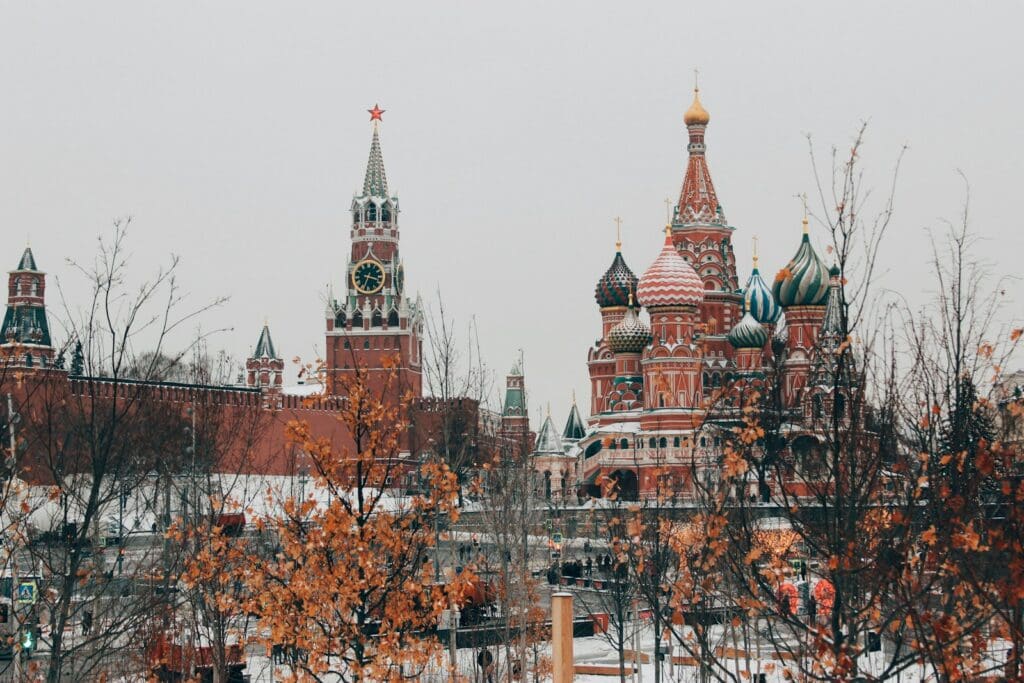The Olympics are a celebration of athleticism, a chance for countries around the world to set aside their differences. We all come together in the name of cooperation and competition. But, come on, everyone wants their country to bag all the gold medals. Here are the ten countries with the most gold medals in ascending order.
Australia

Starting us off, Australia has won 164 gold medals, 173 silver medals, and 210 bronze medals in the history of the modern games. Interestingly, they have more total medals than Japan and Hungary, but those two countries have them beat in terms of gold medals.
Japan

Japan has 169 gold medals, many of which have come from its athletes’ excellent performance in sports like soccer and skateboarding. They also have 150 silver medals and 178 bronze medals, bringing them to a total of 497 medals.
Hungary

Hungary, like Japan, has fewer total medals than Australia. However, Hungary has scored 181 gold medals. They’ve also got 154 silver medals and 176 bronze medals, making them a rare country with more gold than silver or bronze medals.
Italy

Italy has performed quite well in the Olympics, historically, racking up a total of 618 medals. That number is comprised of 217 gold medals, 188 silver medals, and 213 bronze medals. Like Hungary, they interestingly have more gold than silver or bronze medals.
France

France has the distinction of having more total medals than China, but they have fewer golds. Their total is at 223 gold medals, 251 silver medals, and 277 bronze medals. They’re hosting the Olympics this year and certainly hope to bring home more gold with the home-field advantage!
China

China is renowned for its athletes’ astonishing performance in sports like diving and table tennis. In total, they’ve taken home 263 gold medals, 199 silver medals, and 174 bronze medals. This interesting breakdown means they’ve won more gold than silver or bronze, putting them alongside only two other countries in the top ten with that distinction.
Great Britain

Great Britain has, impressively enough, edged out China in terms of both total medals and gold medals. The country has 284 gold medals, 318 silver medals, and 314 bronze medals, adding up to 916 total medals. That’s not bad for a country with such a relatively small population!
Germany

Germany has perhaps the most surprising overall performance of any country in the Olympics, having secured a whopping 438 gold medals. To add to that, they’ve earned 457 silver medals and 491 bronze medals, bringing their total to 1,386. They’re the first on the list to crack over 1,000 total medals!
Read More: The 10 Youngest Olympic Medalists Ever to Compete
Russia

If you combine the performance of the Russian Empire, Soviet Union, Unified Team, and Russian Olympic Committee, Russia as a whole has taken home 608 gold medals. That’s in addition to 515 silver medals and 501 bronze medals. Like China, they have more golds than silvers and more silvers than bronzes. That’s 1,624 total medals, which looks pretty impressive… until we get to the real Olympic heavyweights.
Read More: The 10 Most Absurd Broken Olympic Records in History
The USA

This should come as no surprise, but the USA wins this competition in a hilarious, almost embarrassing blowout. In total, the United States has taken home 1,061 gold medals (more than the total medals earned by every country except Germany and Russia), 830 silver medals, and 738 bronze medals. The country’s overall total of 2,629 medals is more than Germany and Great Britain’s combined totals. There’s dominance, and then there’s what America does at the Olympic games.
Read More: 15 Biggest Team USA Olympics Moments in History








